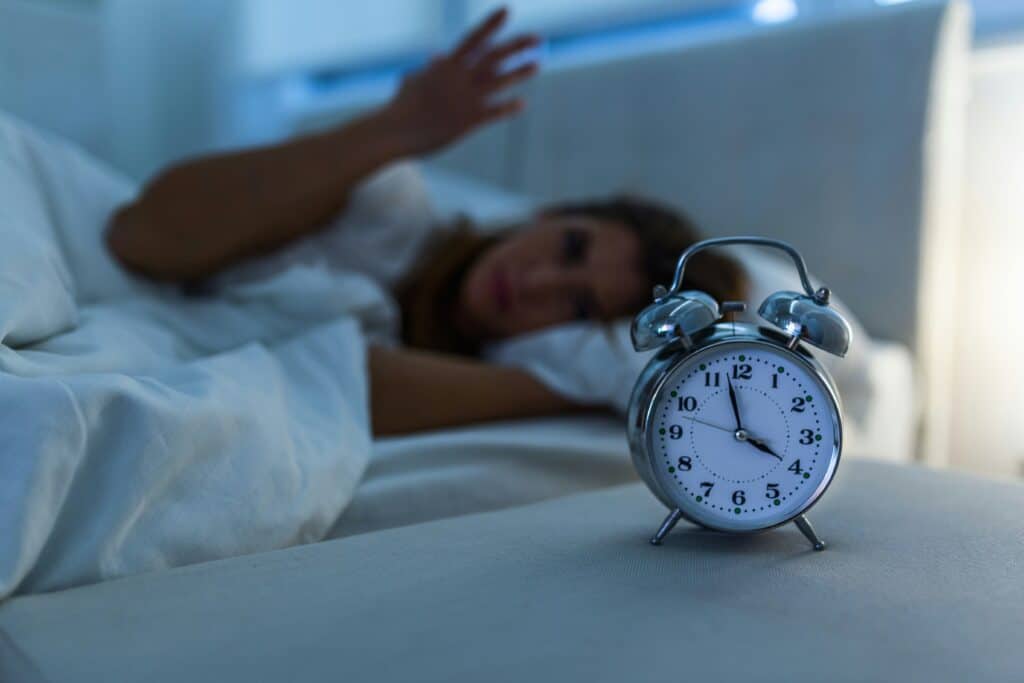Understanding Panic Attacks: Causes, Symptoms, and Treatment Options
Sleep is essential for maintaining both physical and mental health. However, millions of people worldwide struggle with insomnia and other sleep disorders that disrupt their ability to get adequate rest. These conditions can have a significant impact on daily life, productivity, and overall well-being. In this guide, we’ll explore the causes, symptoms, and treatment options for insomnia and other sleep disorders to help individuals regain restful sleep.
What Are Sleep Disorders?
Sleep disorders are medical conditions that affect the quality, timing, and duration of sleep. Insomnia is one of the most common sleep disorders, characterized by difficulty falling asleep, staying asleep, or waking up too early. Other sleep disorders include sleep apnea, restless legs syndrome, and narcolepsy.
Chronic sleep disturbances can lead to serious health issues, such as increased risk of anxiety, depression, high blood pressure, and weakened immune function. Early diagnosis and treatment are crucial to preventing these long-term effects.
Types of Sleep Disorders
There are several common types of sleep disorders, each with unique characteristics:
1. Insomnia:
- Difficulty falling asleep or staying asleep.
- Often caused by stress, anxiety, or poor sleep habits.
2. Sleep Apnea:
- Breathing repeatedly stops and starts during sleep.
- Symptoms include loud snoring, gasping for air, and excessive daytime sleepiness.
3. Restless Legs Syndrome (RLS):
- Uncontrollable urge to move the legs, often accompanied by discomfort.
- Symptoms worsen at night and can disrupt sleep.
4. Narcolepsy:
- Excessive daytime sleepiness and sudden episodes of sleep.
- May include cataplexy (sudden muscle weakness) triggered by emotions.
What Causes Sleep Disorders?
Sleep disorders can result from a combination of factors, including:

- Stress and Anxiety: Mental health conditions can disrupt the sleep cycle.
- Medical Conditions: Chronic illnesses like asthma, diabetes, or heart disease can affect sleep quality.
- Lifestyle Factors: Poor sleep hygiene, irregular sleep schedules, and excessive screen time can contribute to insomnia.
- Neurological Imbalances: Conditions like narcolepsy and sleep apnea are linked to issues in brain function and breathing regulation.
Impact of Sleep Disorders on Daily Life
Sleep disorders can significantly affect daily functioning. Chronic sleep deprivation can impair concentration, decision-making, and emotional regulation. Over time, sleep disorders increase the risk of developing serious health conditions, such as cardiovascular disease, diabetes, and depression.
Individuals may also experience strained relationships and decreased work or academic performance due to irritability, fatigue, and lack of focus.
Effective Treatment Options for Sleep Disorders
Managing sleep disorders involves a combination of therapies, lifestyle changes, and in some cases, medical intervention. Here are the most common treatment approaches:
1. Cognitive Behavioral Therapy for Insomnia (CBT-I):
- Focuses on changing negative thought patterns and behaviors that interfere with sleep.
- Includes relaxation techniques and sleep scheduling strategies.
2. Medication:
- Sleep Aids: Prescription or over-the-counter sleep medications may provide short-term relief but are not recommended for long-term use.
- Melatonin Supplements: Can help regulate sleep-wake cycles, particularly in cases of jet lag or shift work sleep disorder.
3. Breathing Devices (for Sleep Apnea):
- Continuous Positive Airway Pressure (CPAP) machines maintain open airways during sleep.
4. Lifestyle Adjustments:
- Establish a regular sleep routine.
- Reduce screen time and exposure to blue light before bedtime.
- Avoid caffeine, alcohol, and heavy meals close to bedtime.
Sleep Hygiene Tips for Better Rest
Improving sleep hygiene can significantly enhance sleep quality and reduce symptoms of sleep disorders. Key practices include:
- Maintaining a consistent sleep schedule, even on weekends.
- Creating a sleep-friendly environment (dark, cool, and quiet).
- Limiting naps to avoid disrupting nighttime sleep.
- Engaging in calming bedtime rituals, such as reading or meditation.
How San Antonio-Ventana Mental Health Can Help?
At Ventana Mental Health, we offer personalized care for individuals struggling with insomnia and other sleep disorders. Our experienced team provides evidence-based therapies, sleep education, and holistic strategies to help you achieve restful, restorative sleep.
If you or a loved one is struggling with sleep issues, contact us at (210) 446-7977 to schedule a consultation. Let us guide you toward improved sleep and overall well-being. Together, we can help you take control of your sleep health and live a more energized, balanced life.
